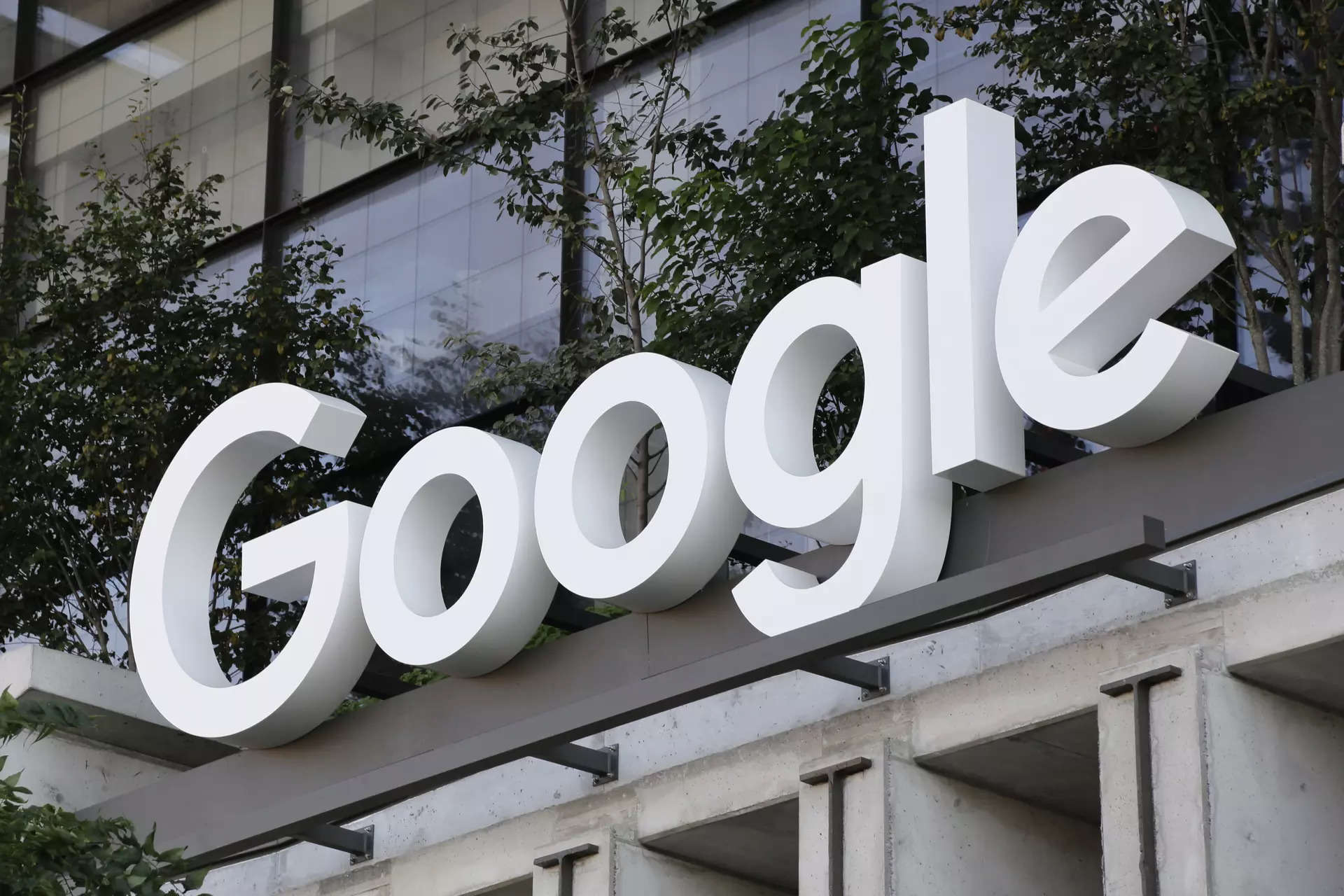
The long-awaited antitrust case against Google has begun in Washington, DC, with the US Department of Justice (DOJ) alleging that Google engaged in anticompetitive activities to maintain its dominating position in the search engine market. The 10-week trial has the potential to shift the balance of power in the online world and is being eagerly followed by industry experts and the general public alike. During the opening statements, government attorney Kenneth Dintzer argued that Google has been illegally preserving its monopoly since 2010, implying that Google’s supremacy has lasted longer than previously realized. Dintzer further claimed that paid advertisements account for up to 50% of Google searches.
One of the trial’s fundamental difficulties is determining how to define the search engine market. Google is anticipated to argue that competition is fierce, citing sites such as ChatGPT and TikTok. The government, represented by attorney Dintzer, seeks to confine the focus to “general search,” where it claims Google and Bing dominate. Judge Amit P. Mehta has already expressed doubts about the distinctiveness of “general search,” making this a contentious issue. Bing, Microsoft’s search engine, has been a hot topic during the trial. According to the government, Bing’s lack of popularity is due to Google’s actions, which make it harder for Bing to prosper. Google, on the other hand, claims that Bing’s unpopularity stems from the fact that Bing is not a search engine.
Google’s lawyers claim that Microsoft has the capacity to compete effectively, but most Windows users still prefer Google Search because it provides a better experience
Although Google’s lawyers claim that Microsoft has the capacity to compete effectively, most Windows users still prefer Google Search because it provides a better experience. During the hearing, Judge Mehta raised an important question: How easy is it for consumers to switch search engines, and how often do they do so? Google confirmed that it does not have complete statistics on user switching behavior, therefore this subject remains unsolved. Judge Mehta agrees with the widely held opinion that few users abandon their primary search engines. Apart from the broader antitrust claims, the trial will investigate whether Google obstructed Microsoft’s access to SA360, Google’s search marketing tool.
State prosecutors contend that Google used this as yet another strategy to influence the search market to its advantage. The opening arguments in the US vs. Google trial concluded with arguments from both the DOJ and Google. The DOJ’s primary focus is to analyze Google’s behavior, particularly its exclusive Google Search placement arrangements with companies such as Apple, Mozilla, and Android makers. Google, on the other hand, says that the trial only benefits Microsoft, which it claims has struggled to compete effectively in the search engine market with Google.






